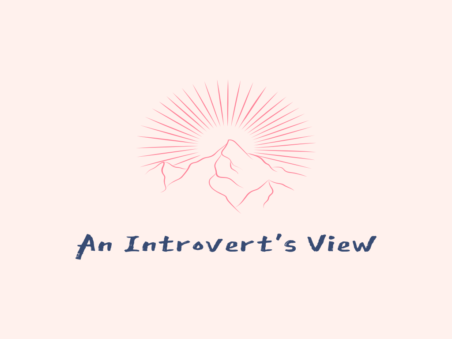What to do when life sucks

“Sometimes life just sucks the jelly right out of your donut.” -Unknown
Life has never been easy, but lately it seems that the difficulty factor has notched up a good bit. The coronavirus pandemic, the hostile political climate, and the in your face media coverage, makes us feel like absolutely nothing good is going on in the world, and it is a lot to process. This along with the hundreds of other things we have to do and deal with on a daily basis, is a lot. I don’t mean to sound negative, but there’s no two ways about it, sometimes life really does suck. Now that we’ve cleared that up, what do we do when we’re stuck in a rough patch?
Unfortunately, life is going to continue to suck sometimes, it’s the nature of the beast. Even if we magically had everything we ever wanted in this life, there would still be times that sucked. We can’t control that there are always going to be difficulties and challenges at times. The only thing that we can control is ourselves and our reactions to them.
Change our perspective. Looking at things from a more positive point of view isn’t easy because our instinct as humans is to assess all situations through a negative filter. By focusing on the negative, we keep ourselves safe by avoiding things that can hurt us or make us feel bad. This negative instinct is not our friend. It makes us look at things in a pessimistic way for no reason. It isn’t helping us anymore in the world that we live in today. Advertisers and the media know about this predisposition to look for danger and they exploit it to sell us products and to control us. We have no control over what we see on the news, other people’s actions or even how they treat us, but we have full control of ourselves, our attitudes and our perspectives. We need to critically think and digest information and not just believe it because it is said with conviction. If we do this, we may find that things are not as bad as we thought.
Focus on the good. If you are reading this, you are probably lucky enough to have a roof over your head and food to eat. 821 million people in the world do not have enough to eat, so you’re one of the lucky ones. Change your perspective, change your life, right?
We live in world where everyone wants more… Society has set unrealistic standards that make us feel like we don’t have enough and that we are not enough. This could not be further from the truth. We already have everything we need and the way each and everyone of us is right now at this moment is more than enough!
Express gratitude. Miya Yamanouchi said that “gratitude is the antidote for misery.” I think this may well be true. Every day find something that you’re grateful for and write about it. You can post it on social media or express it through art, the important thing is to share it with the world in some way. We need more positivity out there to balance out the negativity! Write down one good thing that happened each day. Put them in jar and at the end of the year read them so you can relive all the amazing things that happened to you that year. Also, try doing one random act of kindness per day. It will make you feel great and life will feel a little less sucky!
So yes, life can suck sometimes. If we expect that it’s not always going to be smooth sailing, when the difficulties arrive, we can find ways to cope. I hope that one or two of things I wrote about today will help to make your life a little less sucky! Take care and hang in there!
You May Also Like:
- 7 Quotes Curated by an introvert
- Introverts and Cats: Two Peas In A Pod
- why you should teach your child mindfulness
- Insightful Quotes By Introverted Musicians
- How the age old philosophy of ikigai can help you find happiness
Please Share:
What to do when life sucks Read More »













